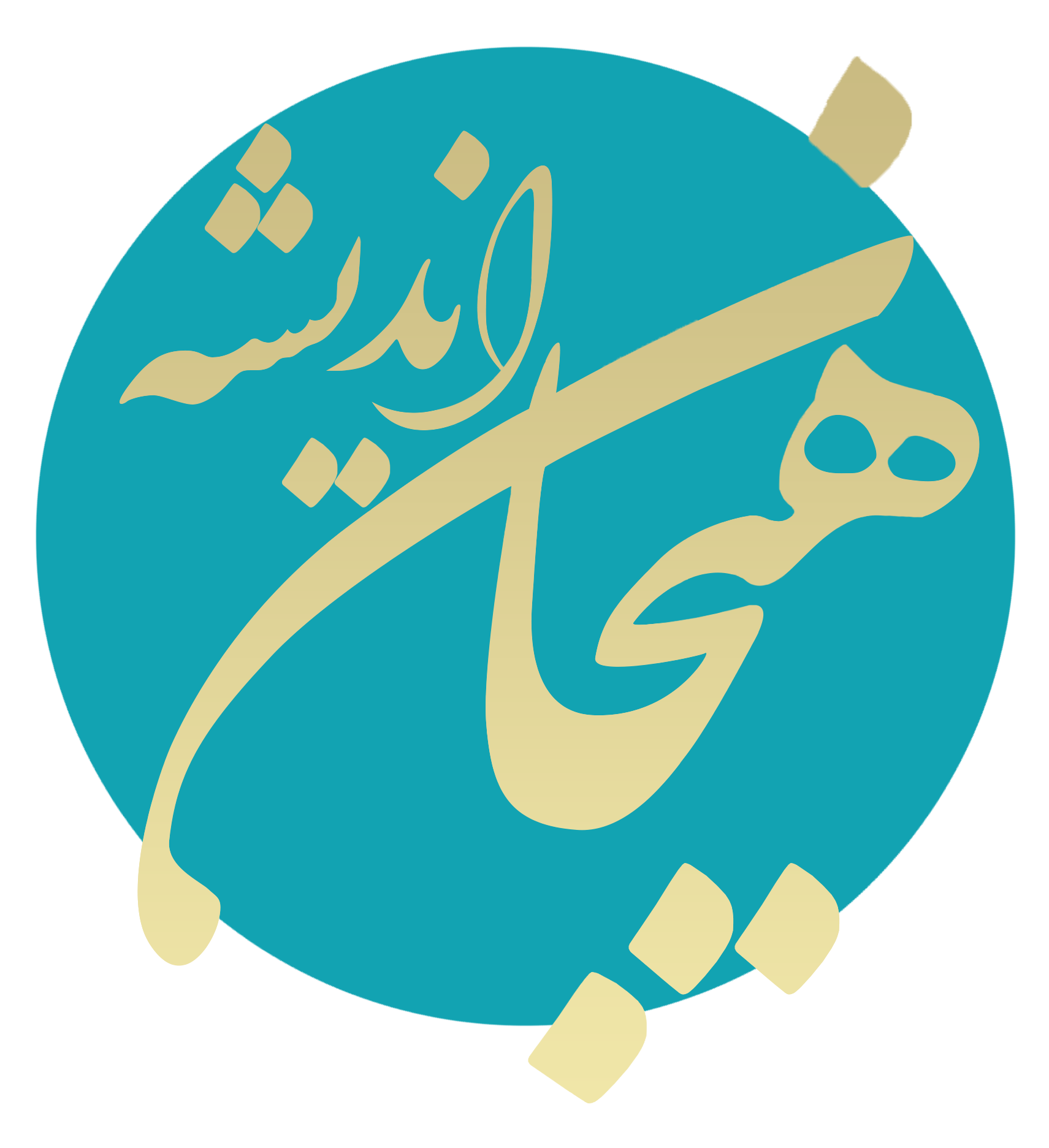The concept of Inclusive National Prosperity (I.N.P.) refers to development and progress that encompass all sectors of society, emphasizing the fair distribution of resources and opportunities at the national level.
Thus, Inclusive National Prosperity is a concept that, by focusing on security, individuality, and progress, seeks economic and social growth while ensuring that all members of society benefit without discrimination.
The Three Pillars of Inclusive National Prosperity
Sustainable and Just Security: The Foundation of National Prosperity
Security is a fundamental pillar for achieving Inclusive National Prosperity. Without security in its various dimensions—economic, social, and political—sustainable and equitable development cannot be realized.
Key actions to achieve sustainable security in the context of Inclusive National Prosperity:
Economic reforms for financial security: Creating stable job opportunities, controlling inflation, and reducing class disparities.
Expansion of social and political freedoms: Increasing civic participation, reducing internal tensions, and ensuring citizens’ rights.
Interactive foreign policy: Reducing regional tensions and using diplomacy to ensure economic and international security.
If security is limited to a military dimension, society will experience stress and a lack of psychological peace.
If economic and social security is strengthened, citizens will feel stable, and the country will move toward sustainable development.
Balanced Individuality: Strengthening National Identity Alongside Personal Freedoms
Individuality, or the emphasis on individual rights, is a key component of Inclusive National Prosperity. It involves balancing individual freedoms with collective interests.
Key actions to achieve individuality in the context of Inclusive National Prosperity:
Preserving and strengthening national identity: Supporting national culture and history while interacting with global cultures.
Respect for social and cultural diversity: Ensuring equal rights for all groups, ethnicities, and religions.
Enhancing the country’s soft power: Promoting Iranian culture, art, and science internationally to create a positive national image.
If individuality is excessively restricted, society will experience dissatisfaction and identity crises.
If individuality is balanced with security and progress, people will feel a sense of belonging and play a more active role in the country’s development.
Comprehensive and Sustainable Progress: Achieving National Self-Actualization
Progress is an inseparable part of Inclusive National Prosperity. Advancements in various fields—including technology, education, healthcare, and infrastructure—can improve citizens' quality of life and increase equal opportunities for all.
Key actions to achieve progress in the context of Inclusive National Prosperity:
Diversifying the economy: Reducing dependence on oil and focusing on modern technologies and a knowledge-based economy.
Developing the educational and research system: Enhancing skill training and bridging the gap between academia and the job market.
Expanding technological and industrial infrastructure: Supporting startups, strengthening domestic production, and increasing productivity.
If progress is limited to economic growth but lacks justice and security, society will face class divisions and dissatisfaction.
If progress is accompanied by security and individuality, people will feel engaged in the country’s development, moving society toward national self-actualization.
Conclusion: The Path to Achieving Inclusive National Prosperity
Sustainable security: Ensuring economic welfare, reducing social stress, and increasing hope for the future.
Balanced individuality: Individual freedoms alongside national solidarity to create a diverse and dynamic society.
Sustainable progress: Comprehensive development with equal opportunities for all citizens.
National prosperity is only realized when these three areas progress in a coordinated and interactive manner.
A Model of Balance Without Prioritization: A Strategy for Long-Term Survival and Sustainable Prosperity
In a balanced and sustainable society, none of the three fundamental needs (security, individuality, progress) should be considered an absolute priority. Instead, a dynamic and synergistic balance between these areas must be maintained.
Excessive focus on any one of these needs leads to instability and weakens the social, cultural, and economic system.
In the "Balance Without Prioritization" model, security, individuality, and progress function as an interactive cycle rather than a linear hierarchy.
Security Without Excess: Ensuring Stability Without Stagnation
If security is excessively prioritized, society may stagnate, slowing down progress.
Individuality may be restricted, reducing creativity and innovation.
Security without progress can lead to authoritarianism or excessive control.
Balanced security:
Ensuring social and economic security without creating an atmosphere of excessive control and unnecessary restrictions.
Creating an environment where people feel both stable and free to grow.
Reducing security dependence on repressive mechanisms and strengthening it through social welfare.
Absolute security without individuality and progress will create a stagnant and motionless society.
Balanced security provides the foundation for growth without pushing society into stagnation or excessive control.
Individuality Without Isolation: Preserving Identity Without Excessive Individualism
If individuality is excessively prioritized, social cohesion may weaken, leading to extreme polarization.
Social security may deteriorate, and people may focus solely on personal interests.
National and collective progress may slow down, as individuals prioritize personal rather than collective growth.
Balanced individuality:
Strengthening individual freedoms without undermining collective values.
Creating an environment where both individual and social identities can grow together.
Nurturing a society where people can be themselves without detaching from the national framework.
Excessive individuality without security and progress will create a society full of alienation and fragmentation.
Balanced individuality fosters creativity, growth, and solidarity.
Progress Without Harmful Competition: Sustainable Growth Without Social Exhaustion
If progress is excessively prioritized, security may be sacrificed, leading to stress, anxiety, and social burnout.
Individuality may be neglected, turning people into mere production machines.
Social inequalities may increase, leading to injustice.
Balanced progress:
Sustainable development that balances economic growth with social welfare.
Creating equal opportunities for all without placing excessive pressure on the workforce.
Combining innovation and technology with human and social values.
Excessive progress without security and individuality will create a society full of anxiety and loss of identity.
Balanced progress increases prosperity without leading to ruthless competition.
Final Conclusion: Balance Without Prioritization as the Path to Survival and Prosperity
"Sustainable security" creates a stable and peaceful environment without excessive restrictions.
"Balanced individuality" allows for personal growth while maintaining national unity.
"Comprehensive progress" leads society toward a brighter future without creating social tensions and exhaustion.
"Balance Without Prioritization" ensures the long-term survival of society and its movement toward prosperity.

دیدگاه خود را بنویسید